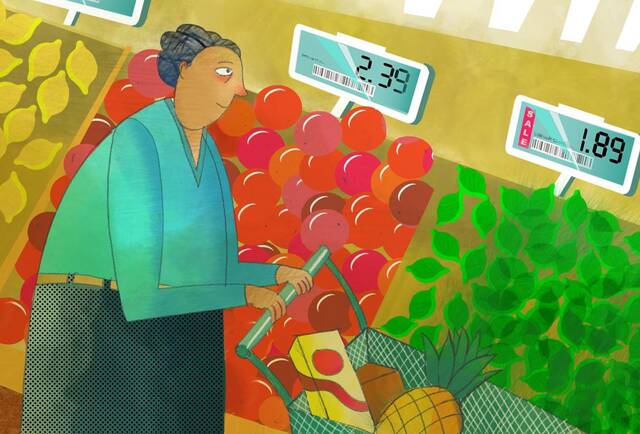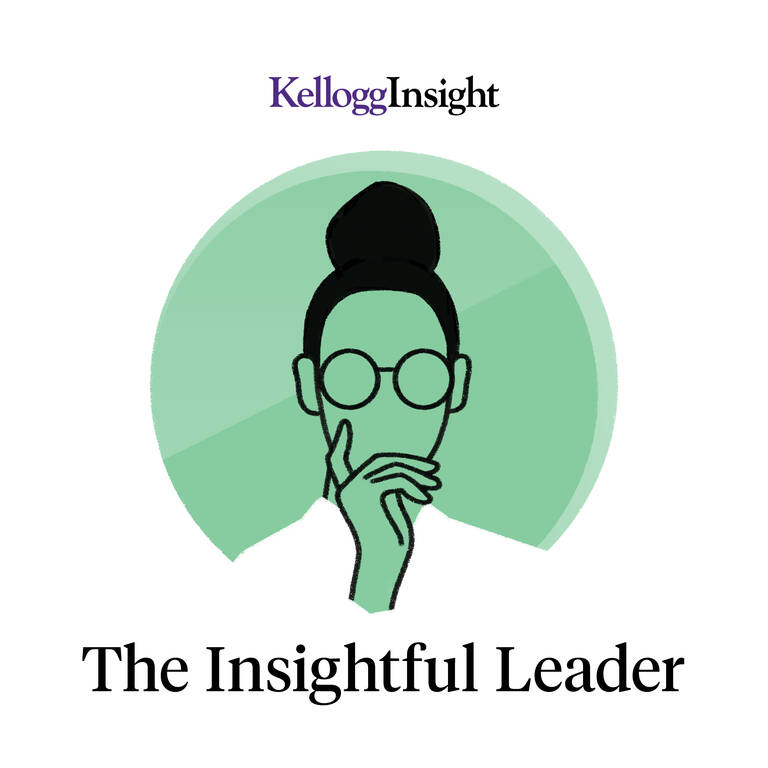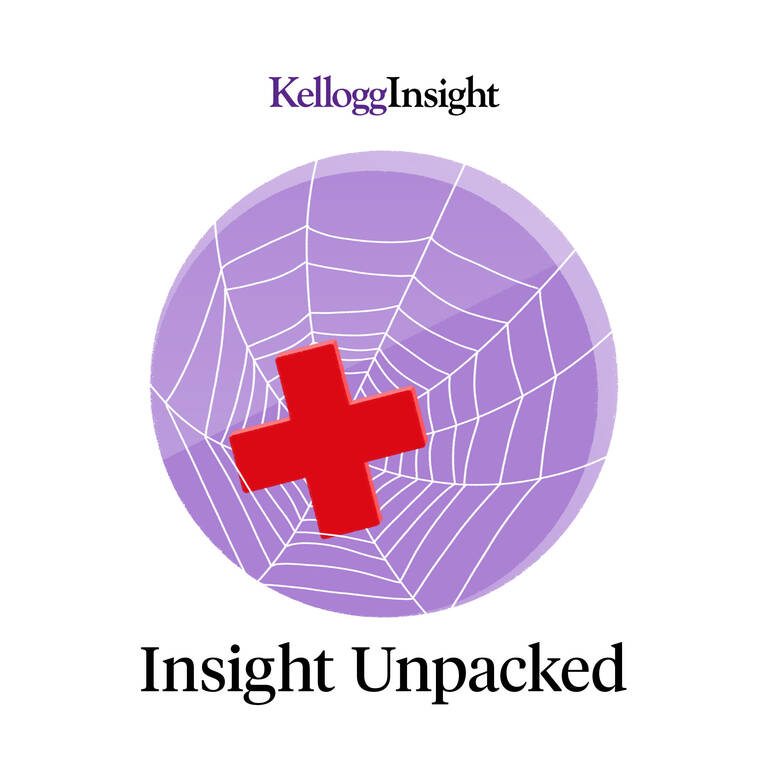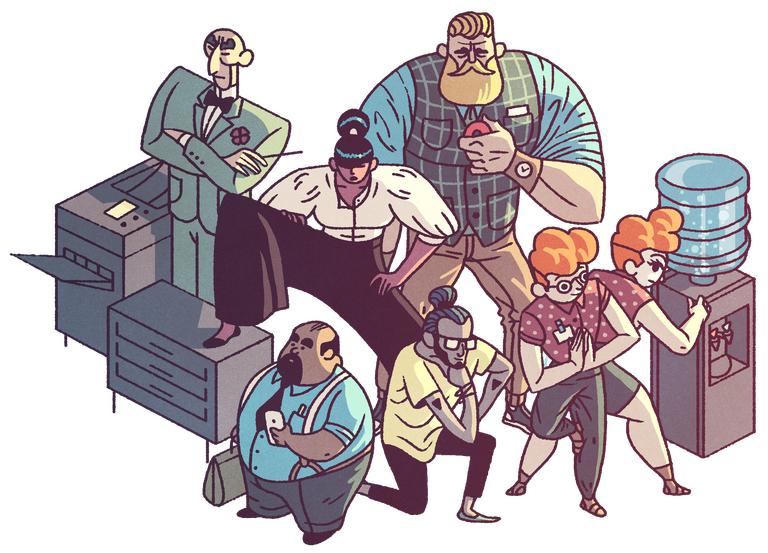
Despite concern, the use of digital price tags in grocery stores hasn’t moved the needle on costs for consumers.

Artificial intelligence is transforming business, science, marketing, and labor. Kellogg faculty tell us how we got here and what could be next.
Inconsistent methods make it hard to know if a campaign is working. New approaches to measuring return on ad spend can help companies make better decisions.
Declining fertility rates in China might prove particularly destabilizing—and difficult to reverse.
To expand into China, companies like Toyota, Volkswagen, and BMW were required to work with local manufacturers, who then gained access to crucial knowledge.
Being too restrictive about who can borrow has ripple effects that can prolong economic downturns.

A large study finds that there’s a trade-off. While tenured researchers may publish less, they often come up with more novel ideas.
Embrace vulnerability, know when to keep silent, and other strategies from Kellogg faculty.
The competitive edge athletes get in the job market may come at the expense of candidates with other life experiences.

Sincere apologies show those around you that you understand and are willing to learn from your mistakes.
In new situations, we tend to rely on past strategies to guide our decisions—even when a fresh approach may be better.
Learning that a joke, a story, or art came from AI boosts our confidence in our creativity.
While regulations nudge insurance companies toward prudent portfolios, they may also increase systemic fragility.
When you don’t just switch companies but entire sectors, you need to do your homework, focus on the culture, and build credibility fast.

Choices we make during model design and implementation can ease AI’s downstream damage—and amplify its benefits.
Despite its ups and downs, the dollar has maintained global dominance for years. New research shows why that is—and why it might not last forever.
Start by finding alternative sourcing locations. And if you don’t have them, build them now.













